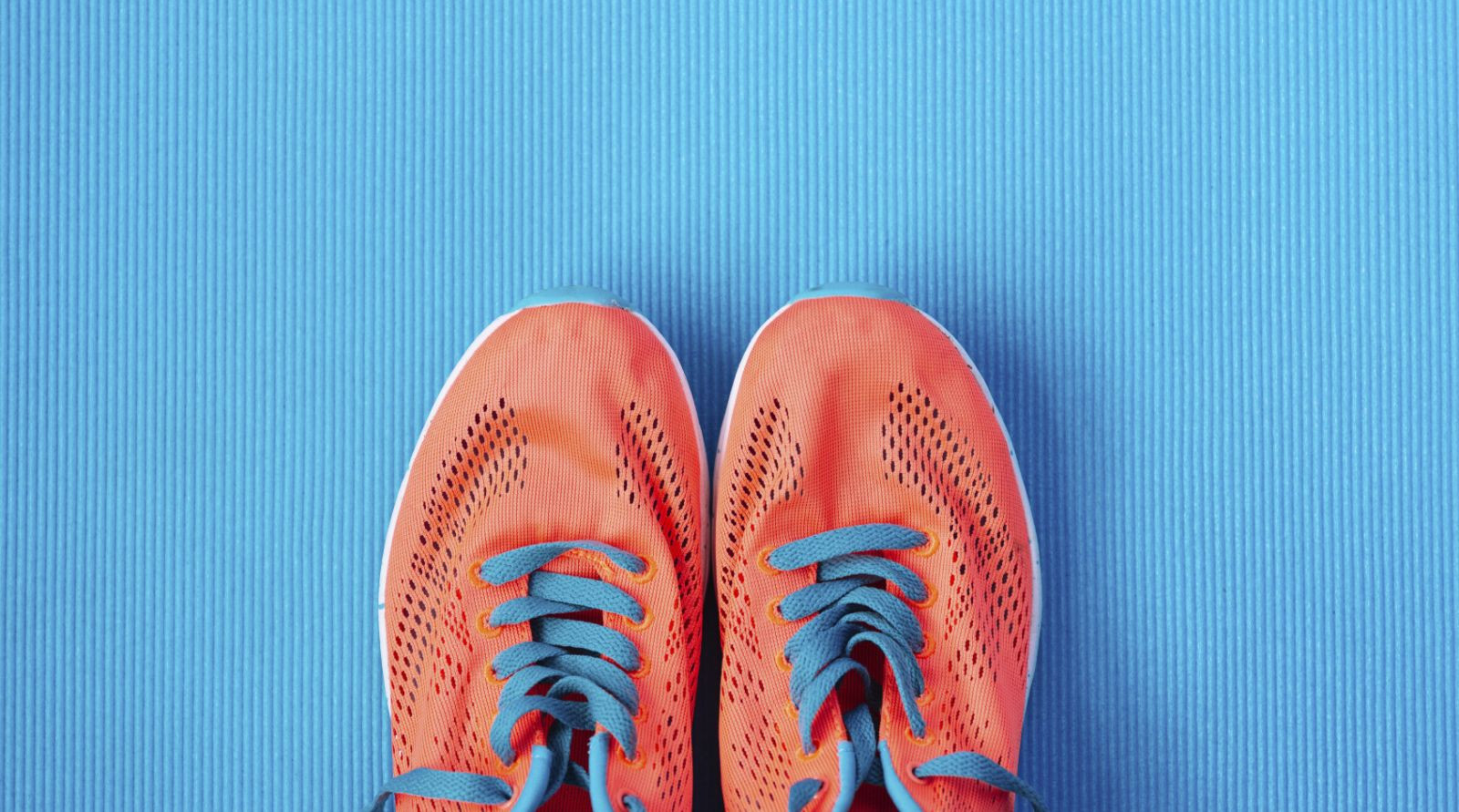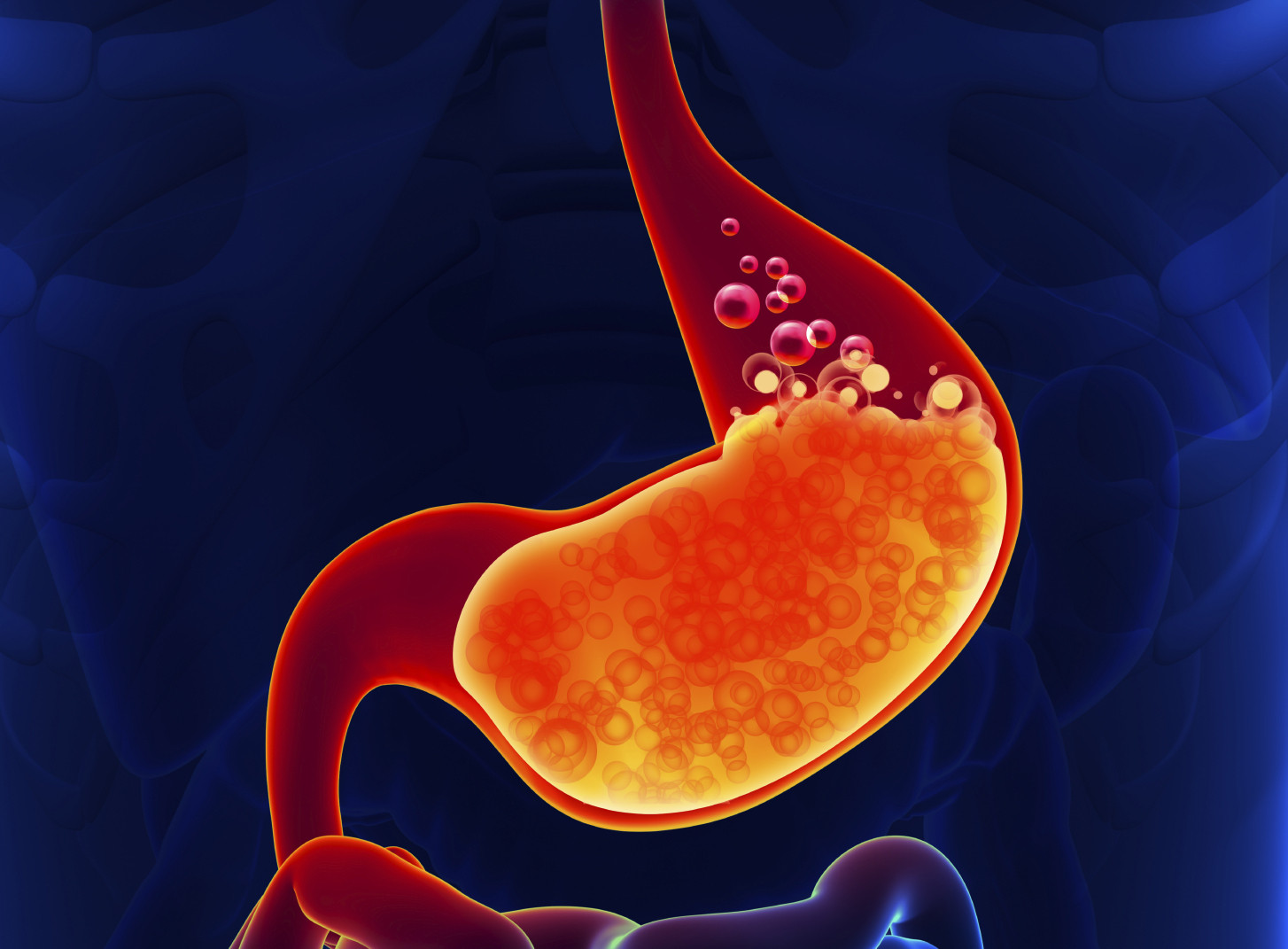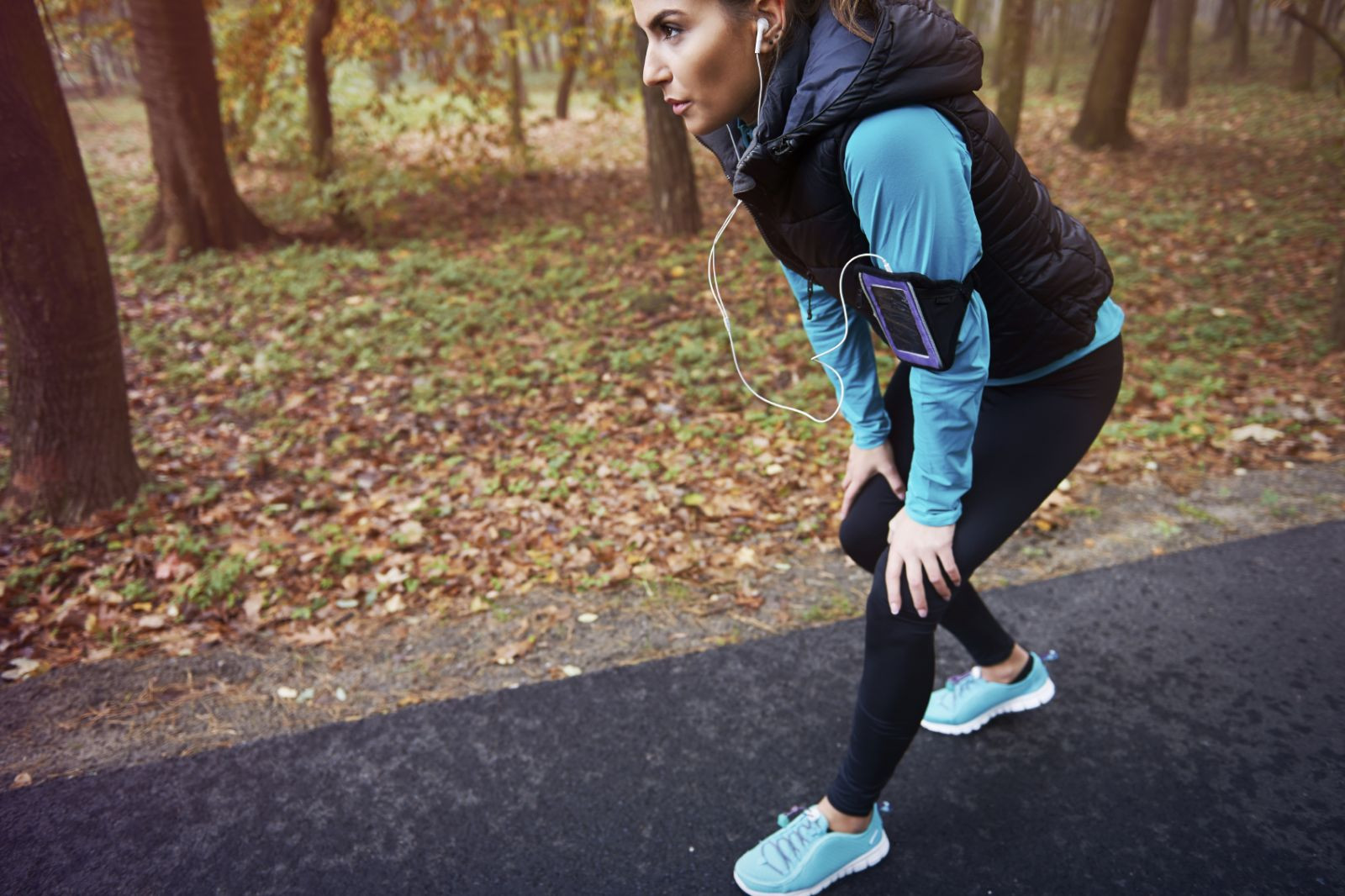
What are somatic workouts?

How to curb your stress eating

How to spot Parkinson’s disease symptoms

8 simple ways to reduce ultra-processed foods in your diet

Heart failure symptoms in women: How they’re different

GERD diet: Foods to avoid to reduce acid reflux

Strong is the new skinny

Everyday habits that sneakily weaken your bones

Don’t wait to get help for back pain

Correcting how you walk may ease osteoarthritis knee pain
Staying Healthy Archive
Articles
Smart chocolate choices for a healthy heart
The advice to eat chocolate should be taken with a grain of salt.
Image: Leszek Kobusinski/Thinkstock
Like bees swarming a melting candy bar, the media buzz around the purported health benefits of chocolate has been hard to ignore. The possibility that such a sumptuous treat might actually be good for your heart is very sweet news, indeed.
But there's a lot more to this story that we need to understand before going hog wild in the candy aisle, says Dr. Howard Sesso, associate professor in the division of preventive medicine at Harvard-affiliated Brigham and Women's Hospital. "Simply recommending that people eat dark chocolate as a way of improving health is very misleading, since chocolate products tend to have a significant amount of fat, sugar, and calories." Instead, he and colleague Dr. JoAnn Manson are embarking on the Cocoa Supplement and Multivitamin Outcomes Study (COSMOS), a four-year trial involving 18,000 participants that is designed to tease out the intricacies of chocolate's health-promoting nutrients (www.cosmostrial.org).
Ask the Doctor: Which exercise is best for brains?
Image: Thinkstock
Q. I heard regular aerobic exercise is better for the brain than strength exercises (resistance training). Is that true?
A. The study you probably heard about involved rats, not humans. The rats were made to engage each day in sustained aerobic exercise, high-intensity interval training, or resistance training, or they were allowed to just be sedentary. At the end of the study, the researchers examined the rats' brains. The rats doing regular aerobic exercise had more brain cells than the sedentary rats. However, the rats made to perform high-intensity interval training or the ones doing resistance training did not have more brain cells than the sedentary rats.
Foot problems? Try these tips to find comfortable shoes
Look for roomy toe boxes, soft inner soles, and sturdy heel counters to give you a better fit and help you stay on the go.
Image: Thinkstock
Bunions, hammertoes, corns, and calluses all make shoe buying a chore. But the wrong shoes can impair your mobility and independence. "Pain from any of those conditions can alter your gait," says Dr. James Ioli, assistant professor of orthopedic surgery at Harvard Medical School.
Corns and calluses
Bunions and hammertoes
A bunion develops at the base of your big toe when two bones no longer connect properly, causing the base to jut out-ward. Some people are genetically vulnerable to getting bunions. However, bunions are more likely to develop in people (often women) wearing shoes that crowd the toes.
Hammertoes are deformed, bent toes that may result from poorly fitting shoes, a ligament problem, or a bunion that pushes one toe over another.
If bunions and hammertoes don't bother you, there's no need to treat them. "I have many patients who are runners with hammertoes and bunions who successfully compete without any trouble. It's all a matter of individual mechanical issues," says Dr. Ioli. If the deformities bother you, surgery to realign the bones is possible, but that is a last resort.
Shoe hunt
Other options
Even a roomy toe box may cause a little friction when you walk. That's when using moleskin pads on your toes or feet can help. These soft pads have an adhesive backing that you attach to an affected foot or toe area, or to the inside of your shoe. It protects against friction. You can find moleskin pads in drugstores. Toe separators can help relieve pain from corns be-tween the toes.
Some shoes are designed specifically to relieve pressure on bunions. You can find them in specialty shoe stores. But prepare to pay more for these kinds of shoes. They typically run $100 to $200 per pair. Are they worth it? "If they relieve pressure points and decrease pain on the bunion or hammertoes or any deformity, that's good," says Dr. Ioli, "but you can find comfortable shoes for less if you do a little detective work."
Figure 1: Finding a comfortable fit for ailing feetWhen shopping for comfy shoes, look for these important features. |
Couch potato in midlife, smaller brain later?
Image: Yuri Arcurs/Thinkstock
News Briefs
Here's something to jolt you off the couch and get you exercising: a study published Feb. 10, 2016, in Neurology links poor fitness levels in middle age to brain shrinkage 20 years later. Researchers, including some from Harvard Medical School, looked at the cardiovascular fitness of about 1,100 people, average age of 40, who were free of dementia and heart disease. The participants had taken treadmill tests to determine their cardiovascular fitness levels based on how much oxygen their bodies used during exercise. About 20 years later, participants took another treadmill test and underwent neuropsychological testing and MRI brain scans. The scans showed that people who were unfit in middle age had smaller brains in older age, compared with people who were fit in middle age. This doesn't prove that inactivity in midlife causes brain shrinkage. But previous studies have shown that regular, moderate-intensity exercise may be associated with slower brain aging.
5 key questions to help you develop a caregiving plan
If you're taking on the role of caregiver for the first time, you probably have many questions: What exactly will it entail? Where can you find help? How do you even start?
When faced with this kind of uncertainty, the best thing you can do for your loved one — and yourself — is to make a caregiving plan. Of course, your loved one's needs may change over time, and you can never plan for every last detail or eventuality. But if you begin by covering the basics, you will have an important foundation to build on later.
8 ways to quell the fire of heartburn
Heartburn is a common problem. It's caused by the backwash of stomach acid into the esophagus, the tube connecting the mouth and stomach. This is formally called gastroesophageal reflux disease (GERD). More than just a minor discomfort, heartburn can significantly reduce quality of life. "Heartburn can cause damage to the esophagus and even increase the risk of cancer if ignored and untreated," says Dr. William Kormos, editor in chief of Harvard Men's Health Watch and a primary care physician at Massachusetts General Hospital.
These eight steps can help ease heartburn.
- Eat in a heartburn-smart way. Large meals put pressure on the muscle that normally helps keep stomach contents from backing up into the esophagus. The more you eat, the longer it takes for the stomach to empty, which contributes to reflux. Try smaller, more frequent meals — and don't wolf down your food.
- Avoid late-night eating. Having a meal or snack within three hours of lying down to sleep can worsen reflux, causing heartburn. Leave enough time for the stomach to clear out.
- Don't exercise right after meals. Give your stomach time to empty; wait a couple of hours. But don't just lie down either, which will worsen reflux.
- Sleep on an incline. Raising your torso up a bit with a wedge-shaped cushion may ease nighttime heartburn. Wedges are available from medical supply companies and some home goods stores. Don't just prop your head and shoulders up with regular pillows — doing so can actually increase pressure on the stomach by curling you up at the waist.
- Identify and avoid foods associated with heartburn. Common offenders include fatty foods, spicy foods, tomatoes, garlic, milk, coffee, tea, cola, peppermint, and chocolate. Carbonated beverages cause belching, which also causes reflux.
- Chew sugarless gum after a meal. Chewing gum promotes salivation, which helps neutralize acid, soothes the esophagus, and washes acid back down to the stomach. But avoid peppermint-flavored gum, which may trigger heartburn more than other flavors.
- Rule out medication side effects. Ask your doctor or pharmacist whether any of the medications you take might cause pain resembling heartburn or contribute to reflux.
- Lose weight if you need to. Being overweight puts more pressure on the stomach and pushes stomach contents into the esophagus. The tight-fitting clothing and belts that come with weight gain may also be a factor.
For more on relieving heartburn and treating a sensitive gut, purchase The Sensitive Gut by Harvard Medical School.
Launch your workout plan: Getting motivated and setting goals
There is no question that regular exercise is essential to good health. That fact alone is enough motivation for some folks. For others, setting meaningful personal goals — whether it's finishing a 10K race or getting back into those jeans you love — and keying into what motivates you can help launch a successful workout program.
Motivation takes many forms, so find the carrot (or stick) that works for you. Maybe you'd like to get ready to tackle new activities, like climbing a towering rock wall, churning through the water during a triathlon, or making it 26.2 miles in a marathon. Perhaps you just hope to feel fit and good about your body. Maybe a friendly bet with a spouse or friend — loser pays for kayaking lessons — or wanting to hold up your end of the bargain with a new exercise partner will do the trick.

What are somatic workouts?

How to curb your stress eating

How to spot Parkinson’s disease symptoms

8 simple ways to reduce ultra-processed foods in your diet

Heart failure symptoms in women: How they’re different

GERD diet: Foods to avoid to reduce acid reflux

Strong is the new skinny

Everyday habits that sneakily weaken your bones

Don’t wait to get help for back pain

Correcting how you walk may ease osteoarthritis knee pain
Free Healthbeat Signup
Get the latest in health news delivered to your inbox!
Sign Up











